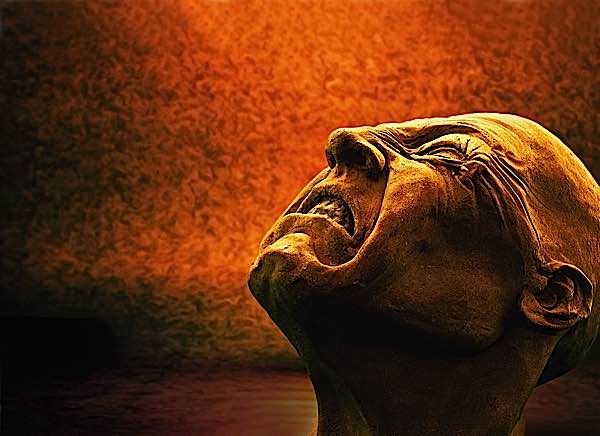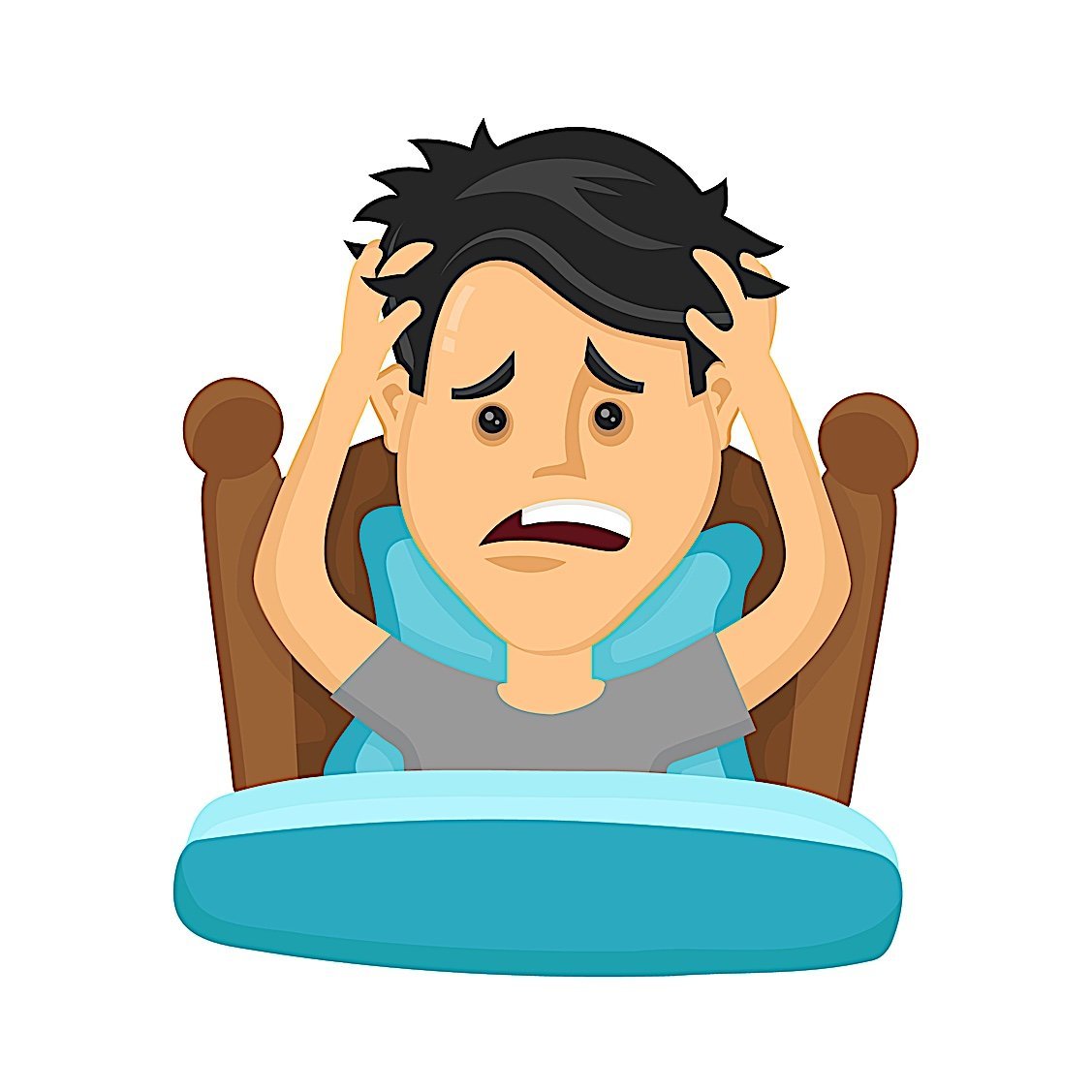Having trouble focusing during meditation? Lack of sleep may be the issue; 70 million US adults suffer a sleep disorder
According to the American Sleep Association, 50-70 million US adults have a sleep disorder. This doesn’t just result in poor performance at work, drowsy and dangerous driving, and major health issues — it may be preventing you from achieving meaningful realizations during meditation. Regardless of your style of meditation — mindfulness, breath focus, Zen, Tantric — less than 7.5 hours of sleep may be preventing your from meaningful progress. Especially, for mindfulness, drowsy mind can be a major issue. (For a feature on Ngondro practice highlighting the risks of “sleepy mind” see>>)
By Guest Contributor
Sally Keys
Discipline in sleep is key in the path to meditation success
Healthy sleep has always been important in Buddhist practice. This is why monk and nuns, and people in retreats, have very regimented sleep times.
According to the CDC, a third of adults undersleep. This leads to a either drowsy mind — a major obstacle — or foggy mind, making clarity difficult. Sleep deficits can also lead to unkind behavior, and irritability — so it’s critical to our practice of the Eightfold path. Lack of sleep will make your struggle against anger more difficult. It is also important not to oversleep. Finding the perfect balance is an important part of a disciplined life and the search for Enlightenment.

Adequate sleep for psychological wellbeing
A failure to rest deeply and soundly during the night is often caused by a racing mind. Sleeping well is a natural consequence of a Buddhist student effectively becoming mindful and present in the current moment. If you are struggling with insomnia, then you may find it hard to meditate, which in turn will inhibit sleep.
One way to break out of this cycle is with natural remedies for insomnia (We can’t make any recommendations, please search medical and alternative health sources. Here is one site with natural remedies for insomnia.). Meditation before bed can help your negative and anxious thoughts to dissipate, leaving you ready to rest. Anxiety is often highest in the evening (see this feature>>), so remove all distractions and let your mind become still in order to sleep early.

The consequences of oversleeping
 At the same time, serious meditators — since the time of Buddha and before — recognized the negative consequences of oversleeping. In monestaries, monks would be called awake early in the day — having gone to sleep early, as well. You don’t have to be a monk to benefit from regulated sleep time.
At the same time, serious meditators — since the time of Buddha and before — recognized the negative consequences of oversleeping. In monestaries, monks would be called awake early in the day — having gone to sleep early, as well. You don’t have to be a monk to benefit from regulated sleep time.
Sleep isn’t a good in and of itself. It is another part of life, which must be moderated and controlled.
As with all things, the Middle Way is the right way. Sleep is often something we desire, but satisfying this desire results in one being, according to the Buddha, “lazy, gluttonous, snoozing and lolling on the bed like a great fat pig”. The person who lives life this way is destined to be continually reborn and will never reach enlightenment.
You don’t have to be a yogi, monk or nun to find your practice hampered by sleep deprivation or over sleep. Especially when “just sitting” the benefits of sleep become apparent; you may be tempted to doze instead of performing the meditation and studying — or you may just doze off unintentionally. As with all temptations, they must resist the urge to fulfill their base desires. According to the National Sleep Foundation, for young adults, 7 hours a night is adequate. (People who are older or sick may need more.) This will give you the focus required to meditate during the day, so have the discipline to never sleep longer than this. A dedicated student of Buddhism will not sleep after sunrise and will not stay up during the night.

Following the lead of the Buddha is not just a daily practice, but a nightly one too. You should prioritize a full and restful sleep so that you can maintain focus throughout the day. However, strictly limit your sleep to keep control and discipline over your desires, so that you can continue on your path to Enlightenment.
IMPORTANT: No health advice is offered in this feature. Please seek out the advice and help of your health practitioner if you have any sleep or health issues.
More articles by this author

Meditation for children: Peer-reviewed studies support structured meditation in classrooms and homes to help children deal with depression, negative coping and self-hostility

Mind-space, it’s all we need. Meditation quiets the mind, even if you can’t find a quiet space. Buddha’s advice “I am silent.”
Search
Latest Features
Please support the "Spread the Dharma" mission as one of our heroic Dharma Supporting Members, or with a one-time donation.
Please Help Support the “Spread the Dharma” Mission!

Be a part of the noble mission as a supporting member or a patron, or a volunteer contributor of content.
The power of Dharma to help sentient beings, in part, lies in ensuring access to Buddha’s precious Dharma — the mission of Buddha Weekly. We can’t do it without you!
A non-profit association since 2007, Buddha Weekly published many feature articles, videos, and, podcasts. Please consider supporting the mission to preserve and “Spread the Dharma." Your support as either a patron or a supporting member helps defray the high costs of producing quality Dharma content. Thank you! Learn more here, or become one of our super karma heroes on Patreon.
Sally Keys
Author | Buddha Weekly
















